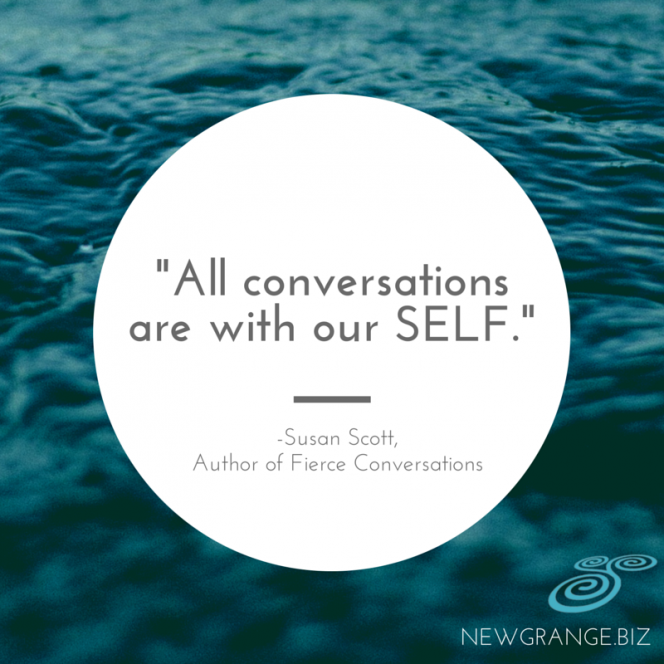
Assholes I Have Known
It’s been a while since I’ve heard from my friend No Sweat Kosinski, but he found a reason to write. No Sweat asked an interesting question about people who, in his opinion, deserve to be called assholes. Here’s a slice of his latest email.
Mikey,
A friend of mine who knew McDonald’s founder Ray Kroc claims Ray used to say, “There are twice as many assholes in this world as there are people.” What do you suppose he meant by that?
I sent a return email to No Sweat telling him that by the time I got to the Golden Arches, Ray Kroc was semiretired and spending most of his time in San Diego. I had only three or four encounters with him, and though that quote sounded like Ray, I didn’t know him well enough to opine about the ratio of assholes to people in the world. Ironically, I had one memorable telephone conversation with Ray. I said something that ticked him off and he hung up on me. Naturally, I thought he was an asshole.
Is there another pejorative in all of American slang used as often as asshole? I think not.
Thanks to No Sweat’s email, I’ve spent most of a day asking myself, what makes someone an asshole? What is it about what someone says or does that causes us to tag them with that label?
I’ve concluded that the answer has less to do with what’s said or done and more to do with how it makes us feel; the answer is truly in the eye (or ear) of the beholder.
The psychotherapist Wilfred Bion coined the phrase basic assumption mental state or BAMS to describe the human need to avoid feeling emotional discomfort. When someone’s words or actions create emotional distress in us, we act to avoid BAMS and reduce the anxiety. One of the ways we do this is to attribute characteristics to the person creating our discomfort that differentiates him or her from us. One of the ways we do this is to attribute characteristics to the person differentiate from us. That’s why we’re quick to label someone whose behavior or speech is unsettling to us as an asshole.
What’s the lesson for leaders in this?
Simple: Next time you call someone an asshole, pause and ask yourself three questions:
1: How am I feeling?
2: What did someone say or do to make me feel as I do?
3: What is it about what’s been said or done that makes me feel this way?
If Susan Scott, author of Fierce Conversations, is correct when she says, “All conversations are with our self,” what are you conveying when you call someone an asshole?
Whether you’re right or wrong is irrelevant. Just exploring the answers to those questions builds self-awareness and makes you a better leader. Don’t forget that when your reaction to what someone says or does is disproportionate to what caused you to react, it’s about you, and you can learn a lot about yourself if you explore the feelings that caused you to react as you did.
